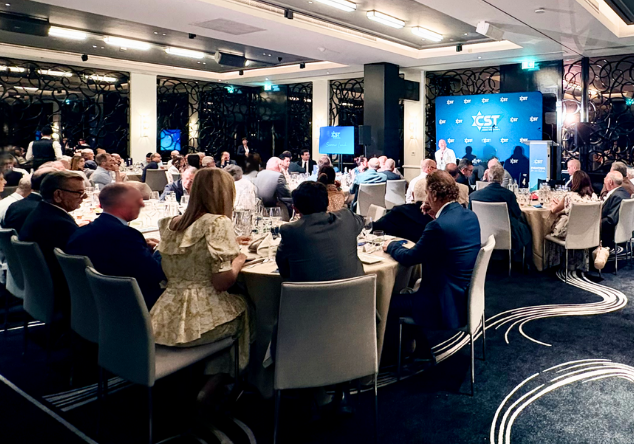CST Blog
Do ethnic minorities need ethnic police officers?
31 July 2009
Today's Jewish Chronicle reports on a pilot scheme being run by the Metropolitan Police, whereby ethnic victims of crime can request a police officer from their own community to deal with their case. The scheme is currently being trialled with the Sikh and Punjabi community and has been supported by the Metropolitan Sikh Police Association. By contrast, the Jewish Police Association has questioned whether it would be useful for the Jewish community, as CST already provides a well-established third party reporting system.
CST has a great deal of experience of working with large numbers of police officers in many parts of the country, from the Met Commissioner and Chief Constables down to Safer Neighbourhood Teams and street-level policing. Our partnership with the police is more important than any other we have, and is at the heart of our work against antisemitic hate crime and the threat of terrorism against the Jewish community. In all this work, there has not been a single case when we have felt that it would have been advantageous to have been able to deal with a Jewish police officer, rather than one from any other background.
This is not to deny that different minority communities have specific cultural sensitivities, but CST's approach has always been to try to educate the police about the particular needs of the Jewish community, rather than to request officers who already have that knowledge. To this end, CST wrote and produced A Police Officer's Guide To Judaism, which is available to download from our website. Approximately 12,000 copies of this booklet have been distributed to police officers who work with Jewish communities around the country. Copies were even requested by the New York Police Department.
Another CST initiative, in partnership with the Holocaust Educational Trust, takes police officers on educational visits to Auschwitz concentration camp. This serves several purposes: it helps to educate officers about the impact that antisemitic hate crimes can have on Jewish people, while also teaching them about wider issues of racism, discrimination and the perception of vulnerability felt by all minorities. Many of the officers who have taken part were particularly struck by the role played by police in the deportation of Jews from European countries to the Nazi camps, and left with a deeper understanding of the responsibilities that come with their role in society. Over 150 officers from around Britain have benefitted from this programme in the past three years.
There are wider issues raised by the Met's pilot scheme, which is a good example of how a well-meaning effort to be culturally sensitive, and deliver an improved service to communities, can actually be quite detrimental to community cohesion and damage the police's relationship with the wider public. Miriam Shaviv's column in today's Jewish Chronicle puts the arguments well. Our experience is that most police officers want to learn more about the different communities they serve, and want to find new ways to help them. To give just one example: a few years ago CST became aware of significant under-reporting of antisemitic abuse and assaults suffered by strictly Orthodox Jews in north Manchester; many of these incidents take place on the Sabbath, when people are walking to or from synagogue, but as observant Jews they could not phone the police or write down details of the incident until some time after it had taken place. When we raised this problem with Greater Manchester Police, their response was to place temporary police stations - little more than portakabins - on street corners in the affected areas during the Sabbath, so that victims of antisemitic incidents could verbally report what had happened to the police as soon as possible. As a result, the reporting of antisemitic incidents to the police (and CST) improved dramatically from this community, their wider relationship with the police has benefitted, and the cultural and religious learning behind the scheme has been institutionalised within GMP.
The litmus test for this pilot scheme is that, presumably, no police service would accept a request from a white victim of crime to be dealt with by a white officer. Britain, in many ways, is far ahead of other countries in our understanding of policing diverse communities. Surely it is better for us all to learn about the specific needs and concerns of each other, and for all police officers to acquire the learning they need to give the same standard of service to all members of the public, whatever their background.
Read More

Antisemitic Incidents Report January-June 2025
6 August 2025

CST Summer Lunch 2025
25 June 2025
CST Annual Dinner 2025
26 March 2025
